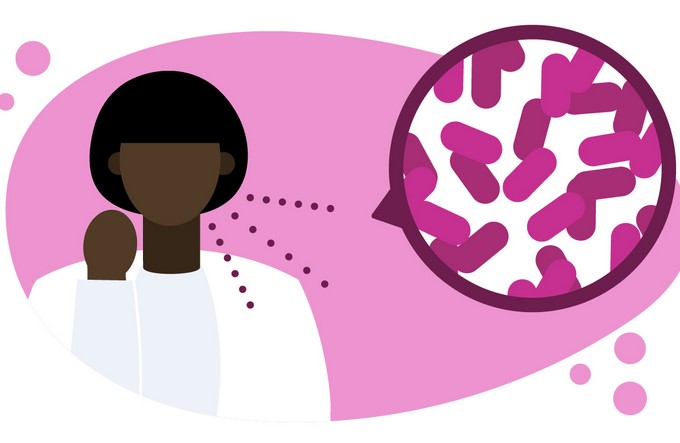
Introduction
When it comes to matters of health, particularly in the realm of infectious diseases, finding the right doctor is crucial. Infectious disease doctors play a vital role in diagnosing, treating, and preventing a wide range of infections that can affect individuals and communities. With the ever-evolving landscape of infectious diseases and their potential to become global threats, it’s essential to have a healthcare professional who possesses the right qualities and expertise. In this article, we will explore the top 5 qualities to look for in an infectious disease doctor to ensure you receive the best possible care.
1. Expertise and Specialization
One of the first qualities to consider when seeking an infectious disease doctor is their expertise and specialization. Infectious diseases encompass a diverse array of conditions caused by pathogens such as bacteria, viruses, fungi, and parasites. An ideal infectious disease doctor should have comprehensive knowledge about various infectious agents and their modes of transmission, as well as the latest advancements in treatment and prevention. Look for a doctor who has specialized training and experience in infectious diseases, preferably with board certification in the field. This ensures that they have undergone rigorous education and training to handle complex cases and stay updated with the latest developments.
2. Strong Diagnostic Skills
Accurate and timely diagnosis is fundamental in the realm of infectious diseases. A skilled infectious disease doctor should possess strong diagnostic abilities to identify the specific pathogen responsible for an infection. Since many infectious diseases present with similar symptoms, a doctor’s ability to differentiate between various conditions is crucial for determining the appropriate treatment plan. Look for a doctor who is thorough in conducting diagnostic tests, interpreting results, and making informed decisions based on the findings. Their ability to accurately diagnose the infection can greatly influence the patient’s outcome.
3. Effective Communication
Effective communication is a cornerstone of successful medical care. An infectious disease doctor should be adept at conveying complex medical information in a clear and understandable manner to both patients and their families. Patients should feel comfortable asking questions and discussing their concerns, and a good doctor should be patient, empathetic, and willing to address these queries. Additionally, infectious disease doctors often collaborate with other healthcare professionals, so the ability to communicate and collaborate effectively within a medical team is essential for providing comprehensive care.
4. Adaptable and Inquisitive Nature
Infectious diseases are dynamic and can present in various ways. A great infectious disease doctor should possess an adaptable and inquisitive nature. New infectious agents can emerge, and existing ones can mutate, leading to different manifestations and challenges. An adaptable doctor can stay ahead by learning and adapting to these changes. An inquisitive mindset drives them to stay curious about emerging research, novel treatments, and evolving guidelines. This quality ensures that the doctor remains at the forefront of infectious disease management and is willing to explore different approaches to patient care.
5. Strong Problem-Solving Skills
Dealing with infectious diseases often requires a strategic and analytical approach. Complex cases can arise, demanding a doctor with strong problem-solving skills. From identifying appropriate treatment regimens for drug-resistant infections to managing outbreaks, a skilled infectious disease doctor should be able to analyze information, weigh options, and make sound decisions. They should also be capable of managing uncertainty, especially when dealing with new or rare infections where information might be limited.
Conclusion
Infectious diseases continue to pose challenges to global public health, and finding the right infectious disease doctor is crucial for effective prevention, diagnosis, and treatment. As you search for a healthcare professional, keep in mind the top 5 qualities discussed in this article: expertise and specialization, strong diagnostic skills, effective communication, adaptable and inquisitive nature, and strong problem-solving skills. By prioritizing these qualities, you can ensure that you receive the best possible care from a doctor who is dedicated to staying informed, making accurate diagnoses, and providing comprehensive treatment strategies in the ever-evolving landscape of infectious diseases.
